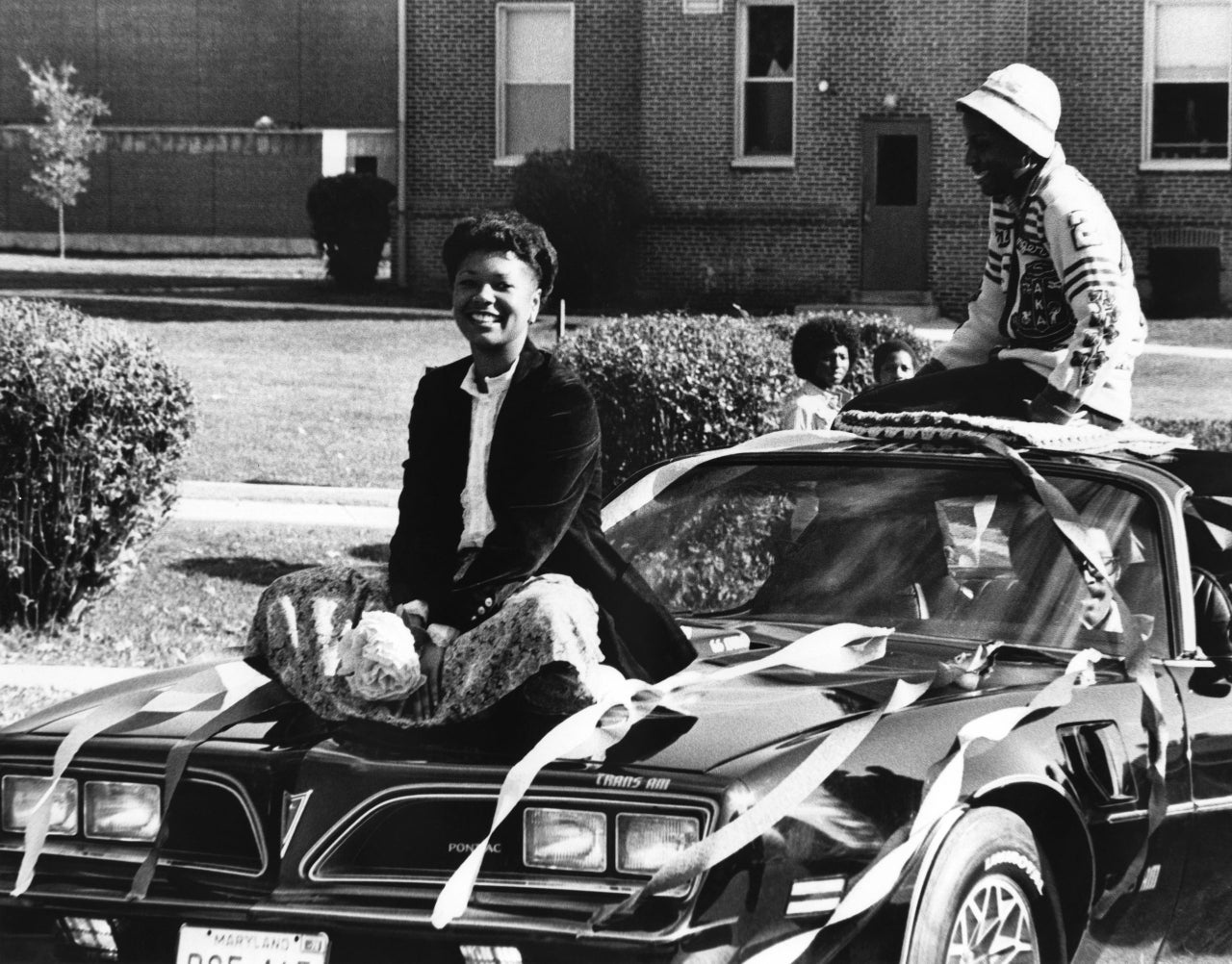Lincoln University, the first ever degree-granting HBCU was founded on this day, 170 years ago.
Rev. John Miller Dickey and his wife Sarah Emlen Cressen were providing philanthropy to Black members of their community. It all started in 1853, after Dickey encountered resistance when trying to help James Amos, who was a free man, enroll in schools to become a minister. And “when no one would admit him due to his race, Dickey trained Amos himself.”
Thus sparked Dickey’s plans to found “a university to train young Black men in classical, scientific and theological education.” These dreams came to fruition on April 29, 1854, when the Commonwealth of Pennsylvania granted a charter to Ashmun Institute. In 1866, the university was renamed after President Lincoln, to what is now known as Lincoln University.
A graduate of Princeton Theological Seminary, Dickey drew upon his network and many of Lincoln’s first faculty members and presidents were also alum of the Ivy League school. “Because of its status and success as a school, as well as its deep ties to Princeton University, it soon earned the nickname ‘the Black Princeton.’” Other commonalities between the two colleges extended to school “colors and mascots (Princeton’s colors were orange & black, while Lincoln’s were orange & blue; Princeton’s mascot was a tiger, and Lincoln’s mascot was a lion).”
Horace Mann Bond graduated from the university in 1923 and would go on to serve as its eighth president. Bond’s book “Education for Freedom,” states that Lincoln University was “the first institution found anywhere in the world to provide a higher education in the Arts and Sciences for male youth of African descent.”
The university’s motto aligns with its Presbyterian beginnings: “If the Son shall make you free, ye shall be free indeed.” As former Vice President for Student Affairs Carl Watton said, “[h]istorically, it meant a freedom from oppression. Today, it means a freedom [for students] to come here and grow into the young scholars they always had the potential to be.”
As the first degree-granting HBCU in the nation, Lincoln has had a tremendous impact within the Black community. During the first 100 years of Lincoln’s existence, the university “graduated approximately 20 percent of the black physicians and more than 10 percent of the black attorneys in the nation. Our alumni have led more than 35 colleges and universities and scores of prominent churches,” the school website reports. “They also include U.S. ambassadors; mission chiefs; federal, state, and municipal judges; mayors; and city managers.” The first Black Supreme Court Justice Thurgood Marshall and Langston Hughes are included among the list of notable graduates.
In celebration of this year’s Founder’s Day, Lincoln has planned several celebratory events to be hosted on campus, that are open to the public. For one of these initiatives, the university collaborated with Getty Images “to showcase historical photos in the library.”
“Founder’s Day at Lincoln University is a profound moment of reflection and celebration honoring the enduring legacy of our esteemed founder, John Miller Dickey,” stated Lincoln University President Brenda Allen.
“It serves as a testament to Lincoln’s unwavering dedication to intellectual rigor as we continue shaping the future with the same spirit of innovation, inclusivity, and community engagement that has defined Lincoln for 170 years, while forging a path of innovation and distinction for future generations,” continued Allen.







